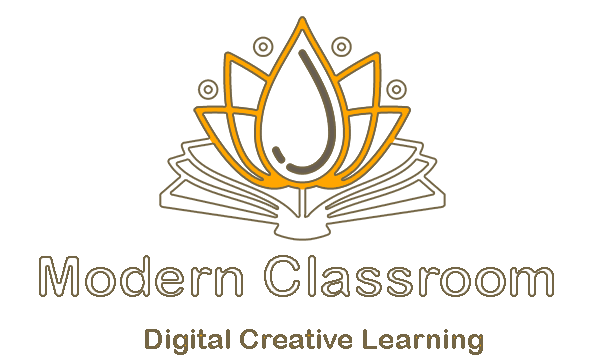Why Play is Important in Early Childhood Education (0 – Grade R). All over the world children play. Famous architects were once children who showed a love for building and stacking things when they were very young. Famous singers and dancers first showed their talents when they were children. Many professional and famous people showed their interest in particular fields when they were very young children. The successful ones are usually those who were encouraged and supported by teachers and parents to be spontaneous, to explore and to experiment.
Need Help?
[quform id="1" name="Schools Form"]Memories of our own childhood play activities like ‘spontaneous hide-and-seek’ show us that we had fun about completing tasks, we were able to control our lives at that moment, we created and changed rules of the game if everyone agreed. We did all this without anyone telling us how to play.
If play is spontaneous and chosen by the child, then why do parents and teachers worry that they are not learning? Children engage in many types of play based on the development of their thinking, reasoning, language and social skills.
Table of Contents
Different types of play in early childhood (0 – Grade R)
- Exploratory play: Children enjoy exploring the properties and functions of materials such as wool, string, glue or paste, play dough, sand and stones.
- Constructive play: Children enjoy building and making things with blocks, cardboard rolls, scrap wood, styrofoam, plastic bottles, boxes or tins.
- Pretend play: Children enjoy to pretend and role-play with materials such as dress-up clothes, hair dryers, mirrors, scarves, belts, helmets, bags or suitcases.
- Games: Children enjoy card and board games, and they enjoy using materials to make their own games such as cards, dice, game counters.
Although these play types differ from each other, they all promote language and communication, social and physical, thinking and reasoning skills. When grouped together in this way we see that children are learning in many different ways while they play.
Source: Department of Education
Did You See These?
- Grade R CAPS Daily Programme (Timetable)
- Grade R Assessment Checklist Sheet for CAPS
- Grade R Report Template South Africa
- Importance of daily programme in Grade R
- Teaching handwriting in the Foundation Phase
- Grade R Mathematics Assessment Question Paper and Memo
- Grade R Classroom Layout Ideas
- Grade R – 3 Handwriting Guidelines, Fonts, Patterns, and Skills Practice Worksheets

